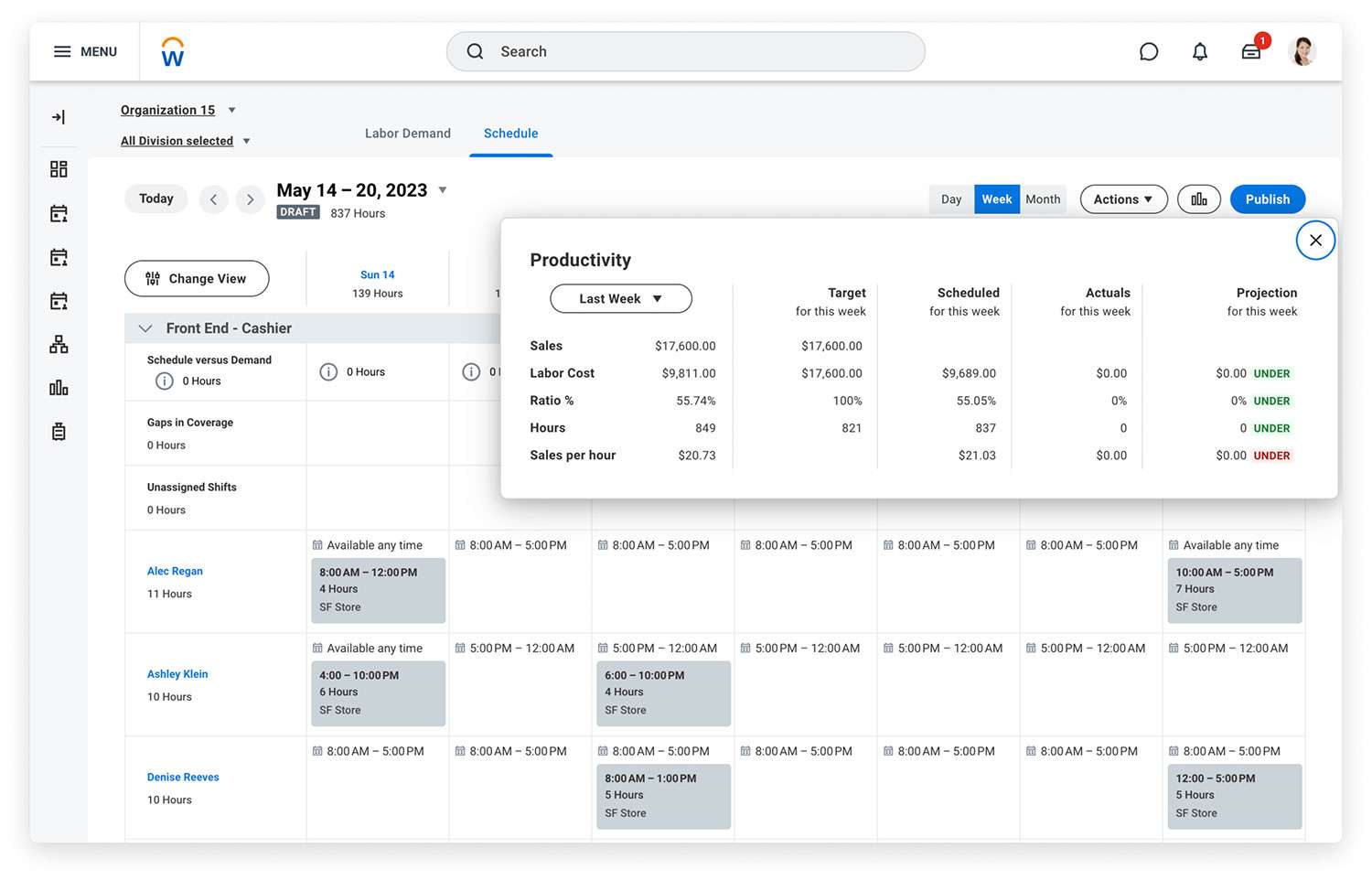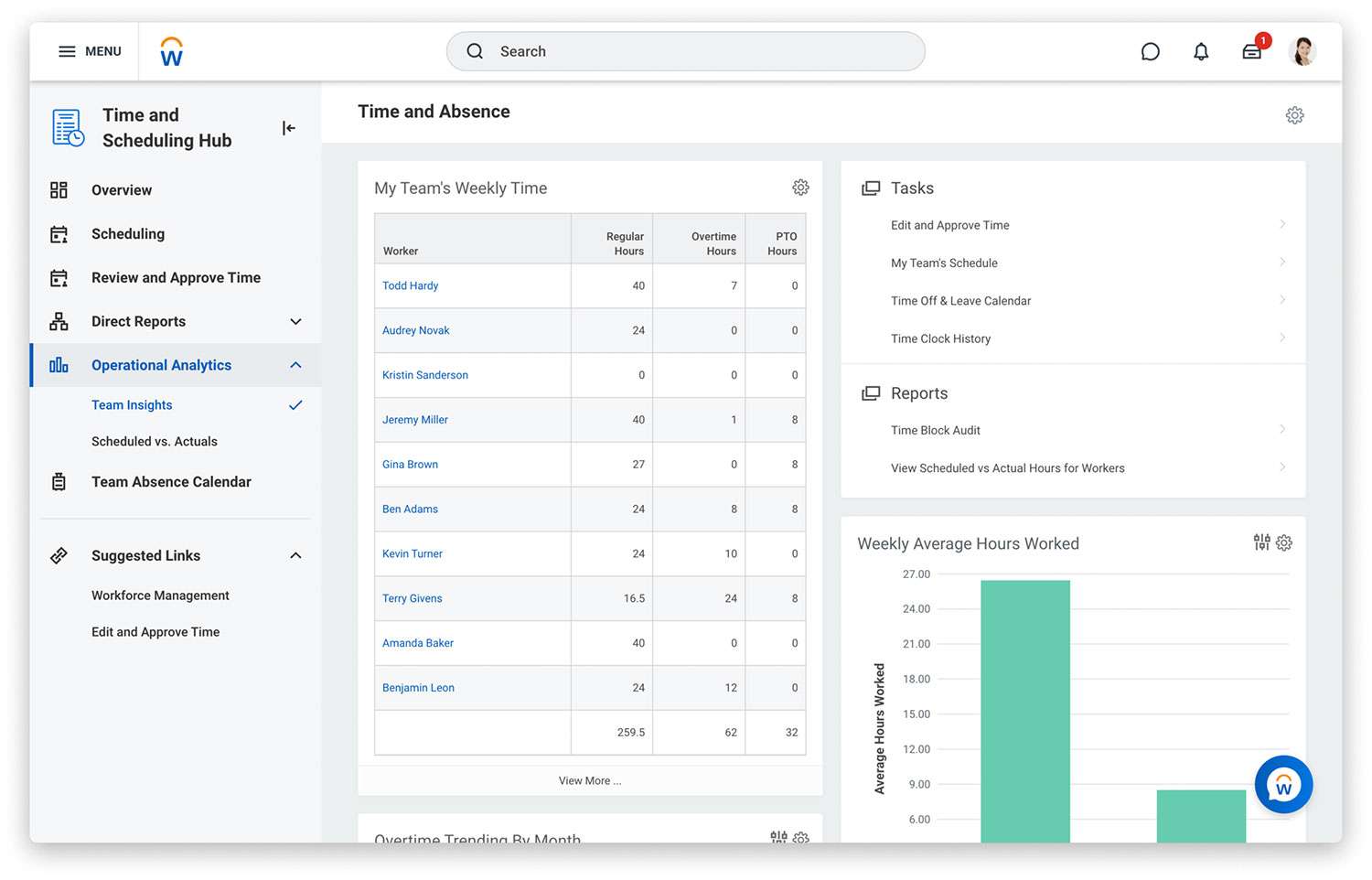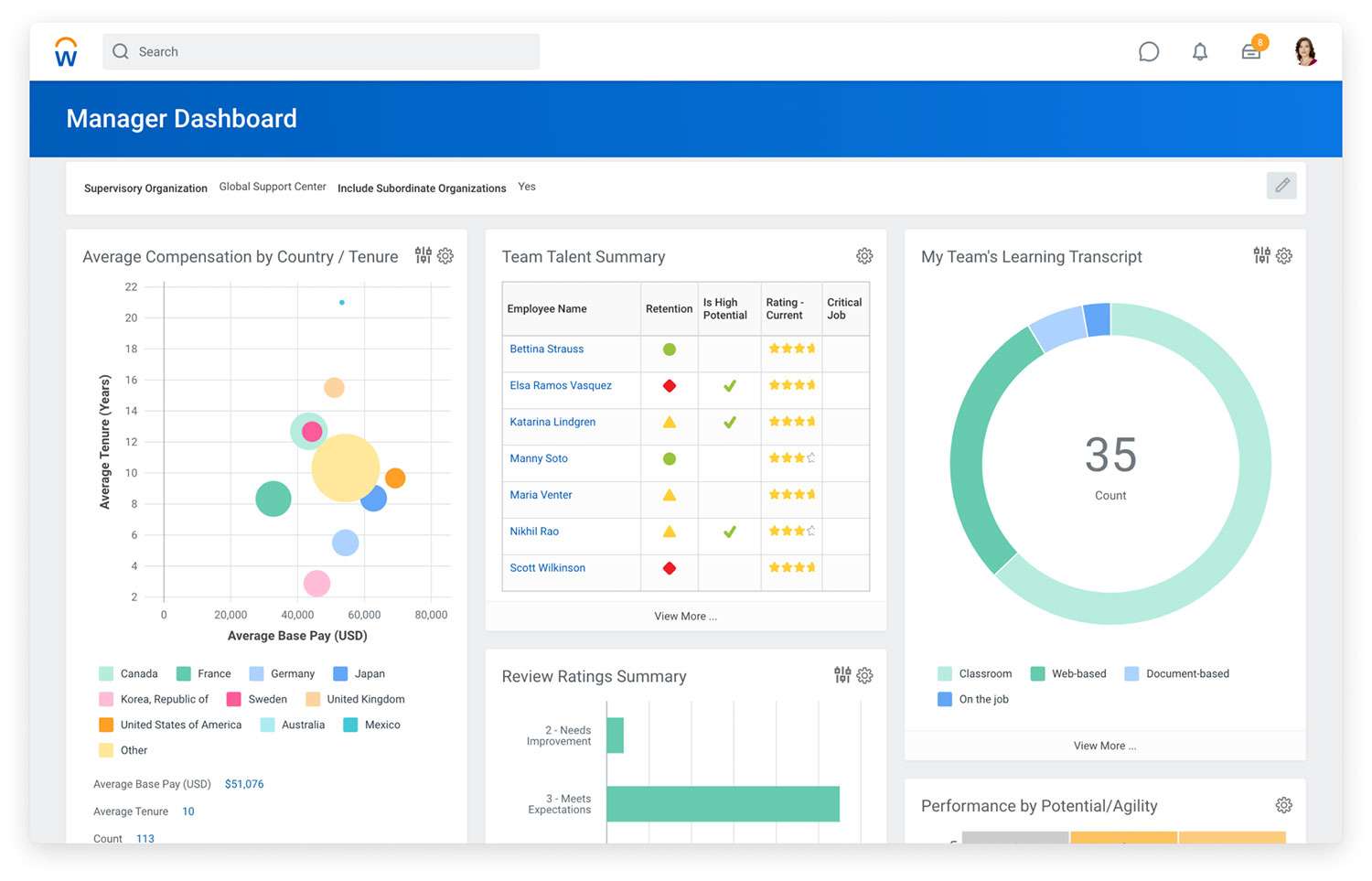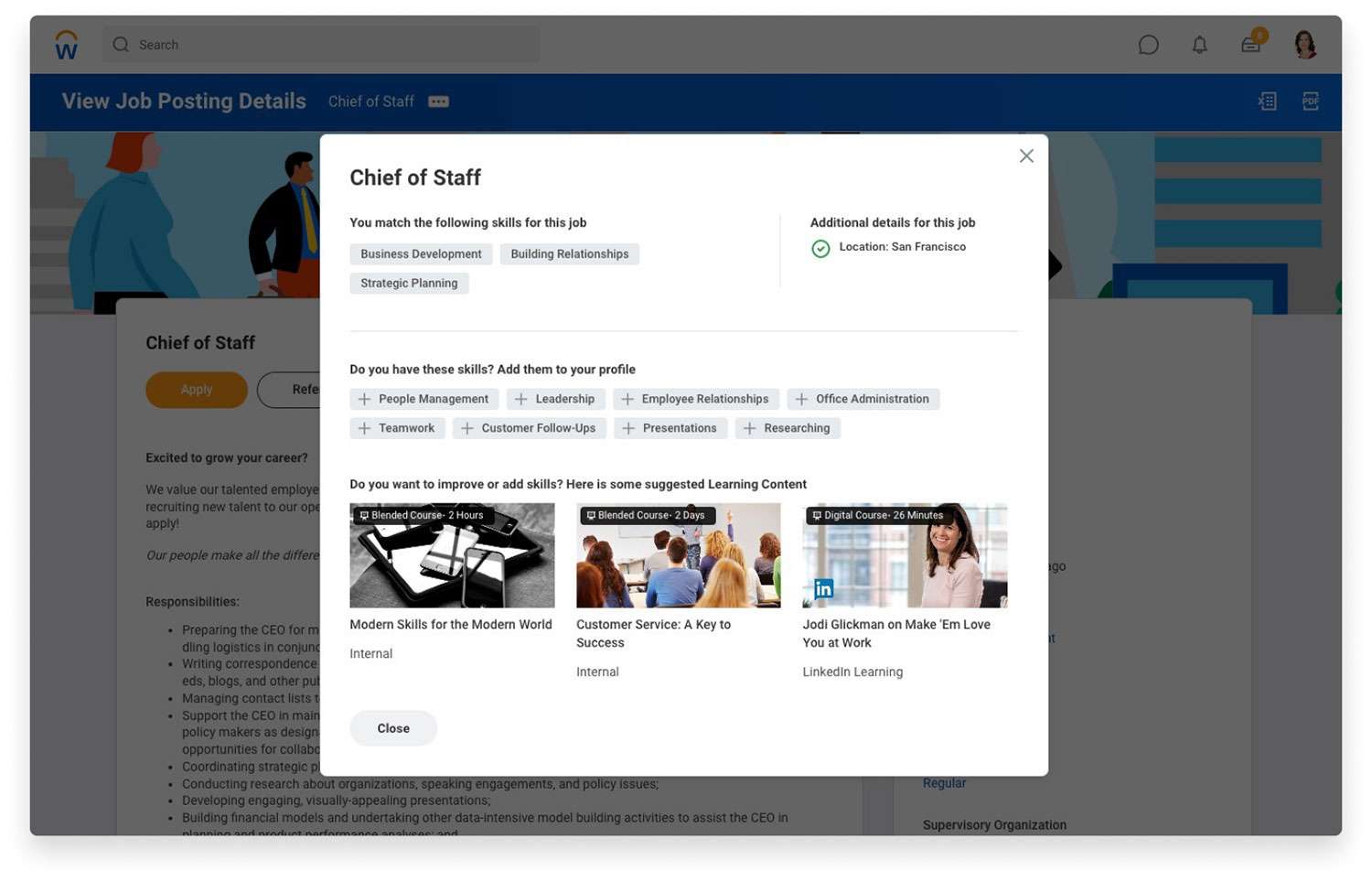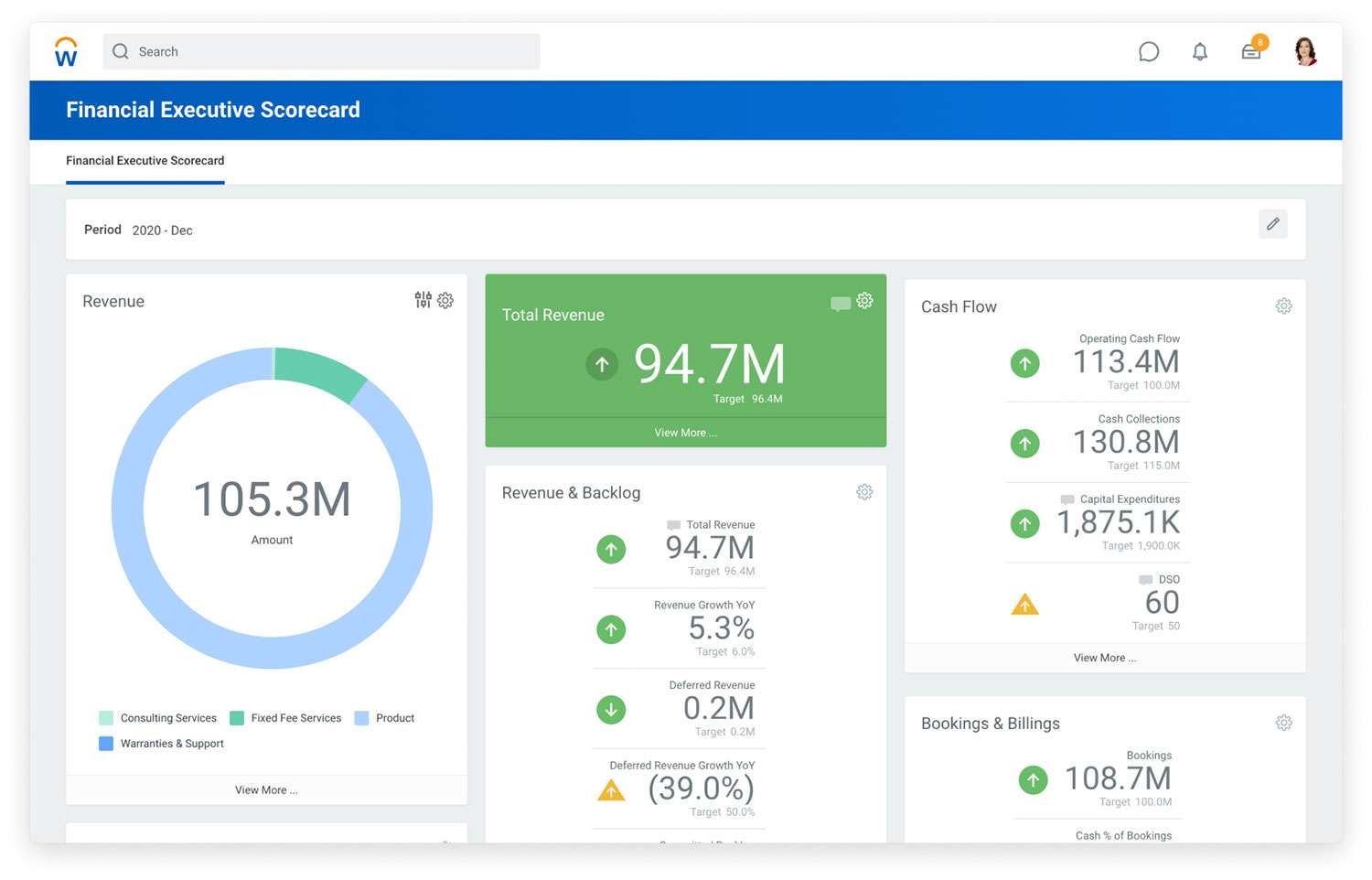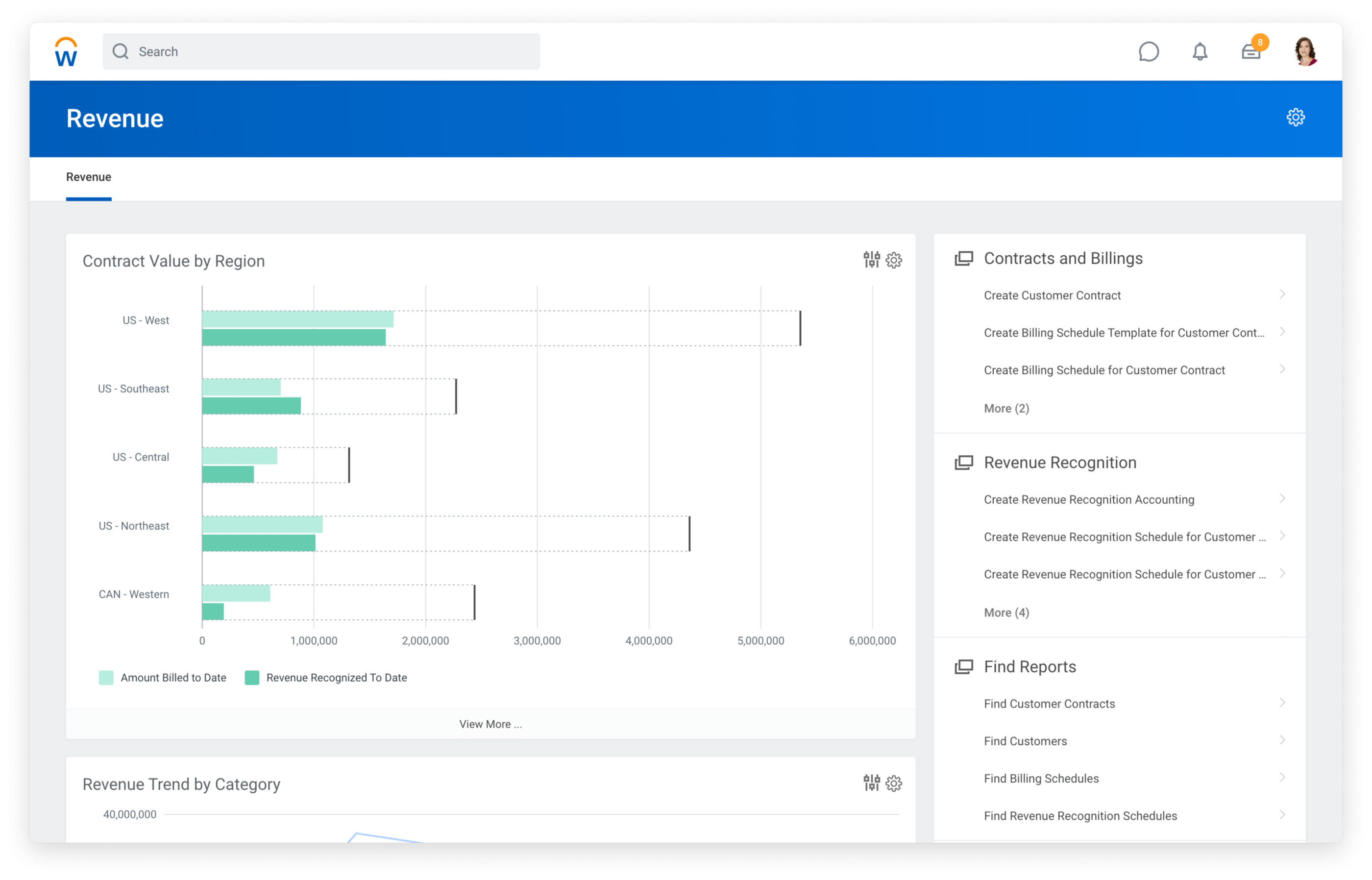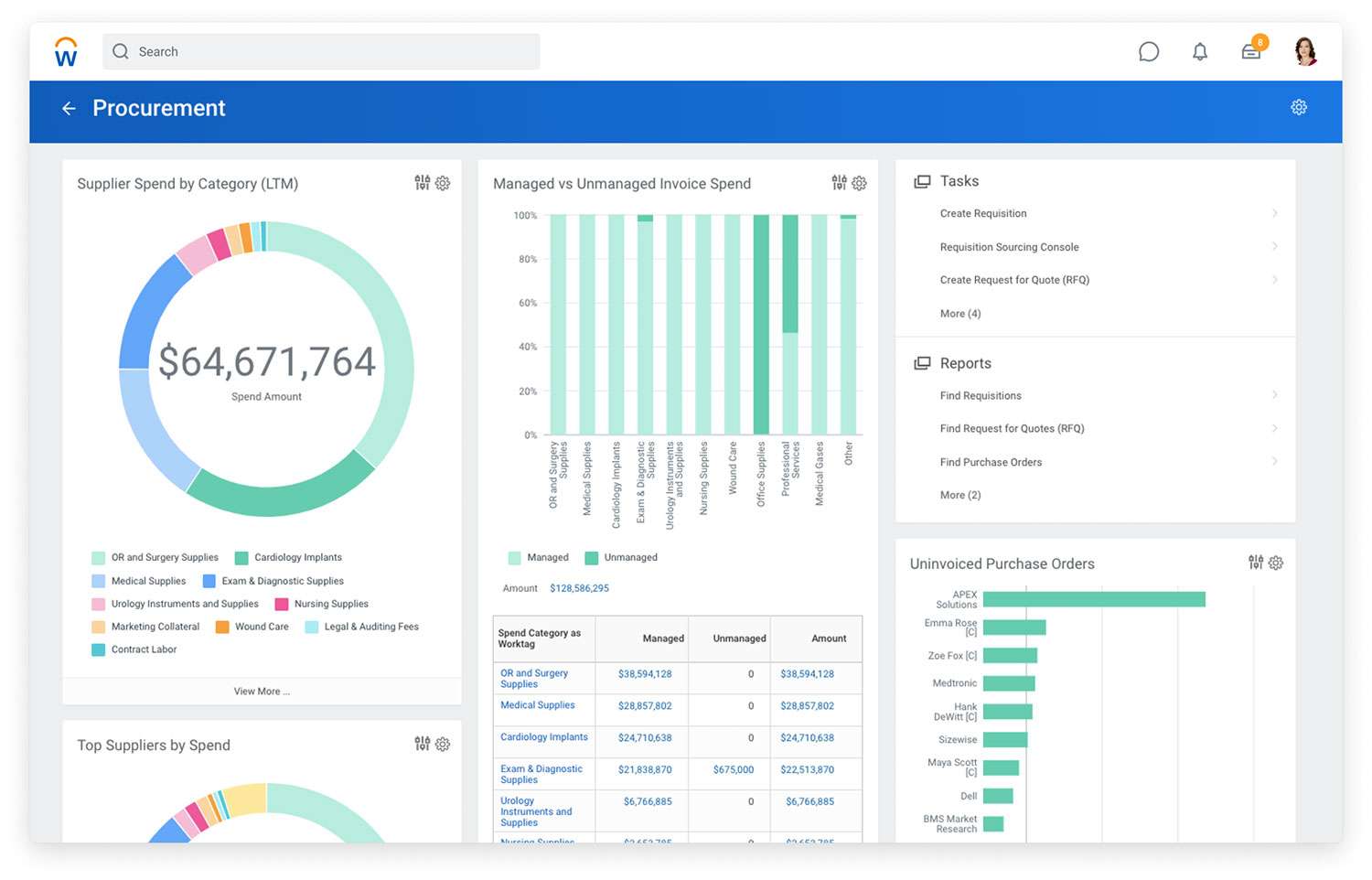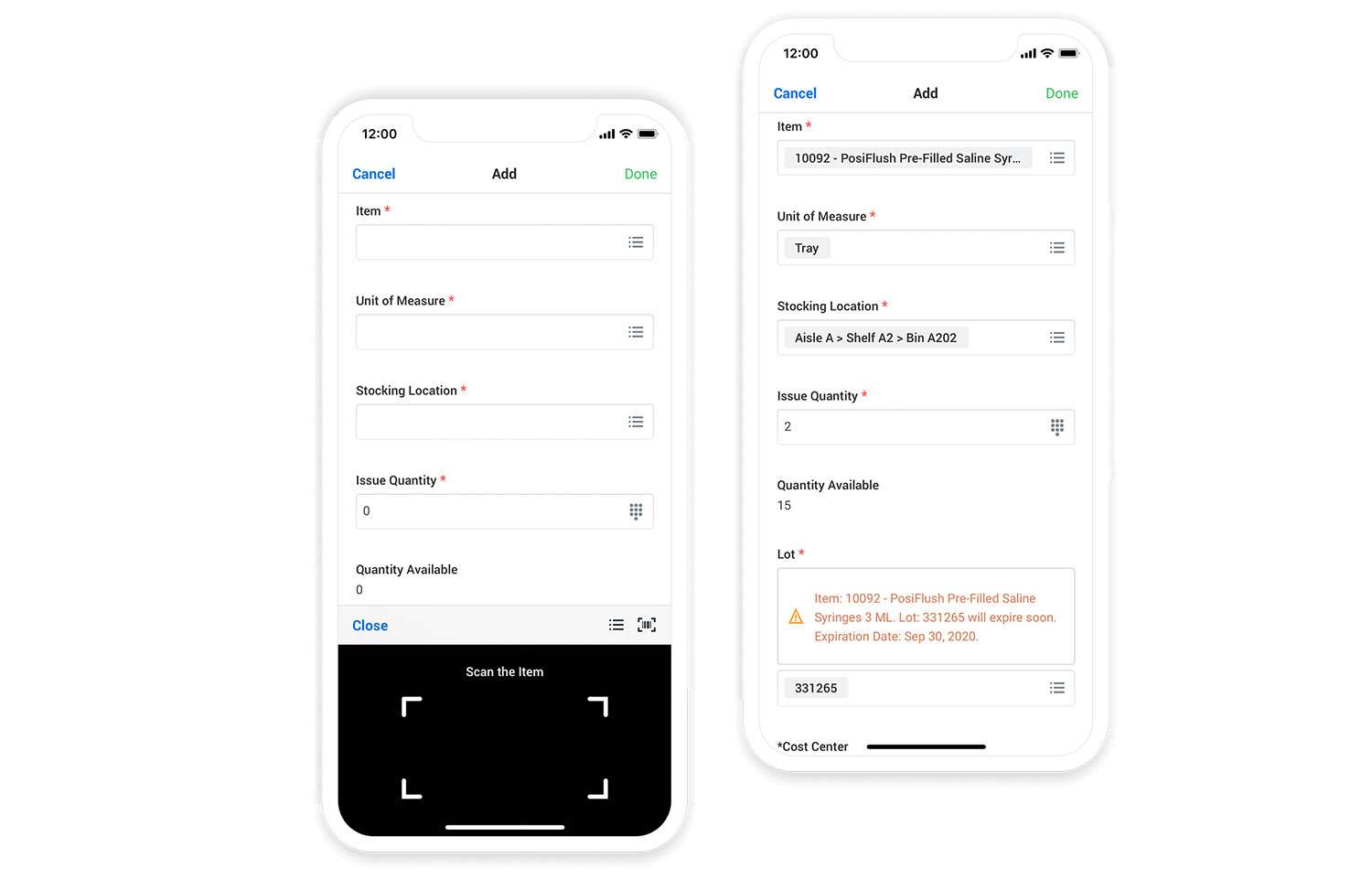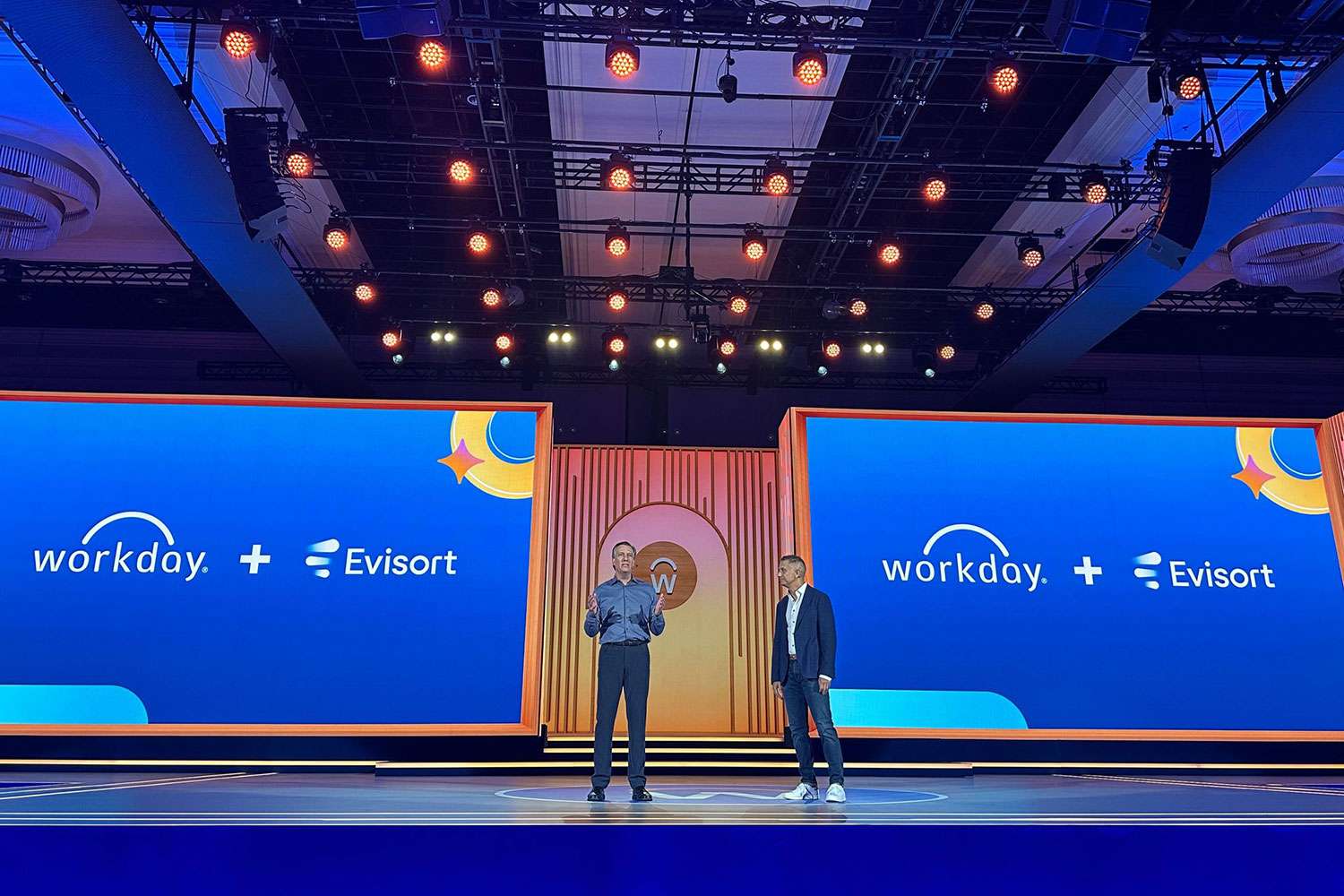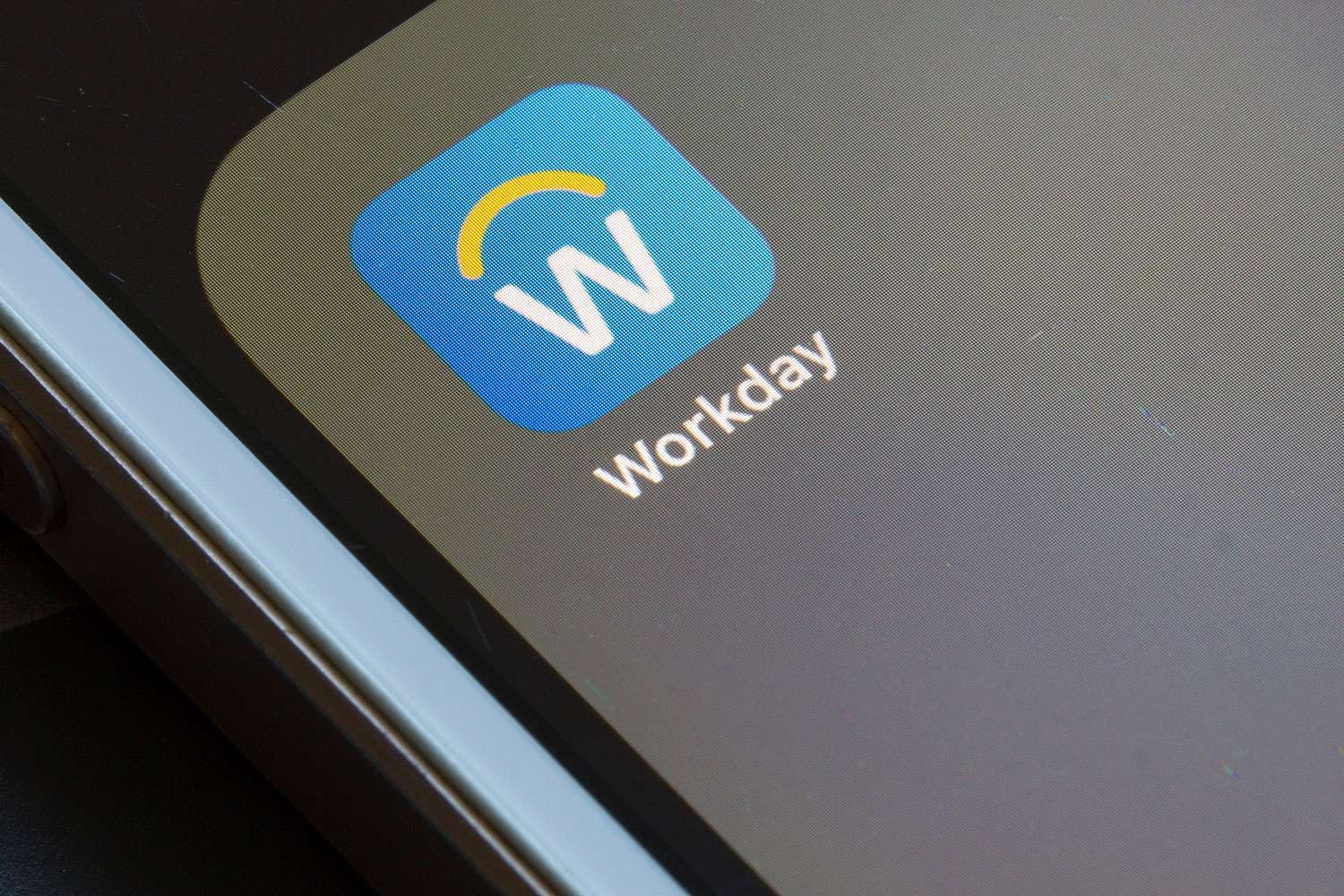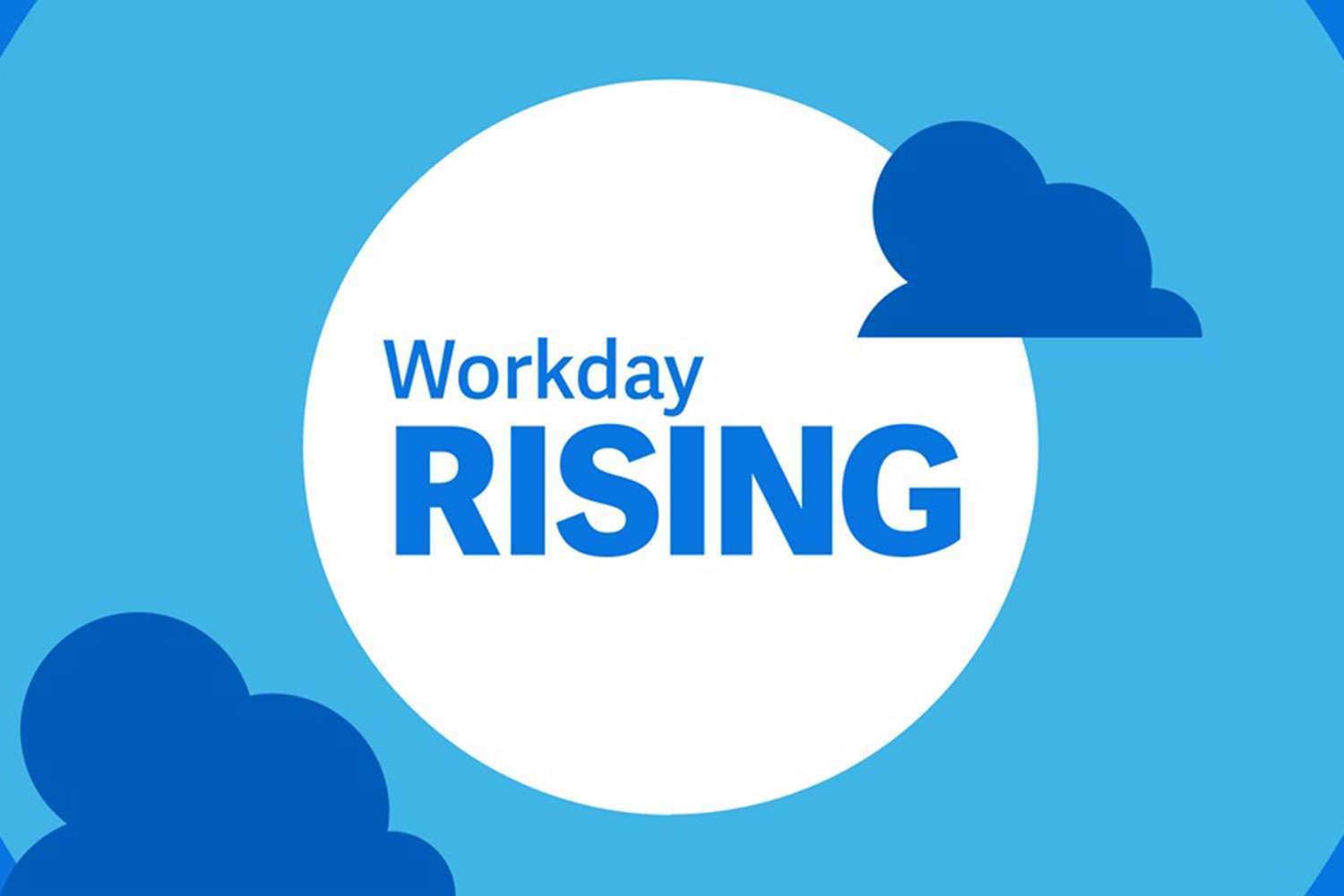Workday for Healthcare: HR, Finance, and Supply Chain in One

The healthcare industry is undergoing big changes and Workday for Healthcare assists medical providers face off against competitors, emphasizing intangibles such as culture and more scheduling options in their recruiting efforts, while minimizing staffing shortages to retain talent and avoid burnout.
At ERPA, we’ve witnessed clients in the healthcare industry evolve. The most common levers include advances in technology, hiring and retaining top talent, new regulations, shifting consumer preferences, and fighting new health threats.
In many ways, these things have been positive. The changes wrought support better health outcomes and better patient experiences, and the better news is that healthcare providers aren’t alone in this fight.
Read on to find out how enterprise technology like Workday for Healthcare can help medical institutions improve clinician engagement and retention, streamline recruiting and onboarding, modernized HR service delivery, and so much more.
The Challenges of a Fast-Changing Healthcare Ecosystem
Like any other industry, healthcare is facing challenges externally and internally. Often healthcare challenges are synonymous with COVID-19 and certainly healthcare was dramatically impacted by the pandemic but the big problems clamoring for attention within healthcare today are multi-faceted:
- Skilled clinician engagement and retention;
- Healthcare Employee Burnout;
- Outdated financial processes and technology;
- Supply chain issues.
These issues cause additional pressure on healthcare organizations and make it difficult for them to deliver the high level of care that patients expect. Read on to learn how, through the implementation of Workday for Healthcare, medical facilities can address these issues.
Skilled Clinician Engagement and Retention
Healthcare organizations can’t find and keep enough skilled nurses. It was a challenge before COVID-19 and was made significantly worse by the pandemic; the 2022 Nurse Salary Research Report showed that 29% of nurses across all license types thought about leaving the field in 2021.
Common reasons for this trend include clinician burnout and an aging population that places more strain on the workforce. Below are just some of the ways that Workday for Healthcare can help improve a clinician workload and make their jobs easier.
Optimize Scheduling and Labor Management with Workday Workforce Management
Through its Workday Human Capital Management integration, Workday for Healthcare helps medical institutions optimize scheduling and labor management so that skilled clinical staff will no longer have their limited time overburdened, giving both individual employees and managers will have the support they need.
Utilizing the Workday Scheduling and Labor Management and Workday Time and Attendance features of Workday Workforce Management, Workday for Healthcare includes the following features for healthcare workers and employers:
- Accurate time sheets and easy check-in using geofencing so that employees receive a reminder as they enter and exit their jobsite.
- AI-driven schedule generation.
- An all-in-one dashboard for managers to oversee critical labor and productivity tasks.
- Time and absence compliance rules.
- Time editing and approvals, managers can efficiently add, correct, submit, and approve time for a large group of workers.
- ML-based demand forecasting.
- Automatic notifications, voice-activated time-off requests, full view of schedules, time balances, pay, and more.
Workday for Healthcare gives HR administrators an easy way to automate scheduling processes. By doing so, clinicians can ensure that each schedule is built in the best possible way.
Reduce Healthcare Employee Burnout
Healthcare employee burnout is often related to understaffing and placing too much work on a small team’s shoulders. Healthcare workers must continually reinvent themselves, learn new skills, and adapt quickly to change.
Healthcare employees are reskilling and upskilling and transitioning at new rates. Workday for Healthcare can help create a framework in which healthcare workers can develop their careers within an organization by using Workday HR Talent Management.
Modernized HR by Streamlining Recruitment and Onboarding
Workday HR Talent Management, a talent optimization tool, allows healthcare institutions to create unique job postings, manage applications, and track the progress of new hires.
The module ensures that the best candidates are brought to the forefront and help fill vacancies quickly when turnover occurs.
- Use dashboards and analytics to gain insight into talent and measure success to improve performance.
- Workday Skills Cloud combines employee skills with HR information, providing detailed information for upskilling.
- Managers have access to important analytics and data in order to capitalize on worker strengths and talent retention.
- Workday Career Hub gives healthcare clinicians the option to ask for feedback, make connections and mentorships, keep their skills up to date, and establish goals.
- And more.
With Workday HR Talent Management, healthcare institutions can marry talent management with recruiting and manage the employee lifecycle.
Financial Sustainability of Care Delivery with Workday Financial Management
There is plenty of innovation to be found in the healthcare space. One big area of focus is the Internet of Things (IoT) and it’s clear that these types of advancements will have a bigger role to play in a clinician’s daily routine.
While this rush of innovation can be hard to manage, leaving some organizations feeling as though they’ve fallen behind, Workday makes it easier.
The Workday for Healthcare suite of tools utilizes Workday Financial Management to help healthcare facilities manage resources and control costs related to technology spend by using data and analytics tools to provide a complete picture of a hospital’s business processes across financials and operations data. Additional features include:
- Review the effectiveness, performance, and financial success of new business processes;
- Streamline data integration to support procurement cost reduction;
- Create personalized reporting on key analytics or areas of interest;
- And more.
Workday provides essential visibility into IoT-enabled devices. These functions are possible by deploying Workday across the healthcare system and managing it via Amazon Web Services (AWS) architecture.
Through this, Workday makes it easy to track IoT devices, analytics, and other key technologies. These are essential parts of managing costs across healthcare processes and is an area that ERPA’s Workday teams specialize in.
Enhance Supply Operations and Reduce Costs with Workday Supply Chain Management for Healthcare
As a result of COVID-induced pressure on manufacturing and supply chains, costs have gone up in many industries and healthcare is no exception. Worse yet, healthcare facilities without the right tools, may not know how to effectively control medical supply chain costs.
The good news is that through the Workday for Healthcare and Workday Supply Chain Management for Healthcare tools medical clinics can see an immediate impact to their supply chain issues.
Clinically Integrated Supply Chain
Workday for Healthcare combines procurement, inventory, financials, planning, and analytics all in one single system, allowing healthcare organizations to gain visibility into all major supply chain processes. This insight allows health clinics to take charge of their supply chains and get the data needed to make better budget and spending decisions.
Workday Supply Chain Management for Healthcare lets companies create purchase orders, track requisitions, and manage contracts in a unified cloud platform. This helps improve visibility into procurement activities and ensures all purchasing decisions are aligned with company policies.
These same things can be applied to inventory management, supplier relationships, transportation options, and more. Altogether, it allows hospital systems to gain necessary insight for reducing costs and reallocating budgets to provide superior patient care in other areas.
Optimize Medical Operations with ERPA + Workday for Healthcare
Our goal at ERPA is to help companies make better use of their owned resources. With ERPA and Workday for Healthcare, medical organizations are positioned to positively impact staffing, technology, and supply chain challenges.
Are you a healthcare worker? Come subscribe to our blog! You’ll learn about the latest Workday enhancements. There’s no better way to cut costs, improve outcomes, and provide the best possible patient-centered care for all.

